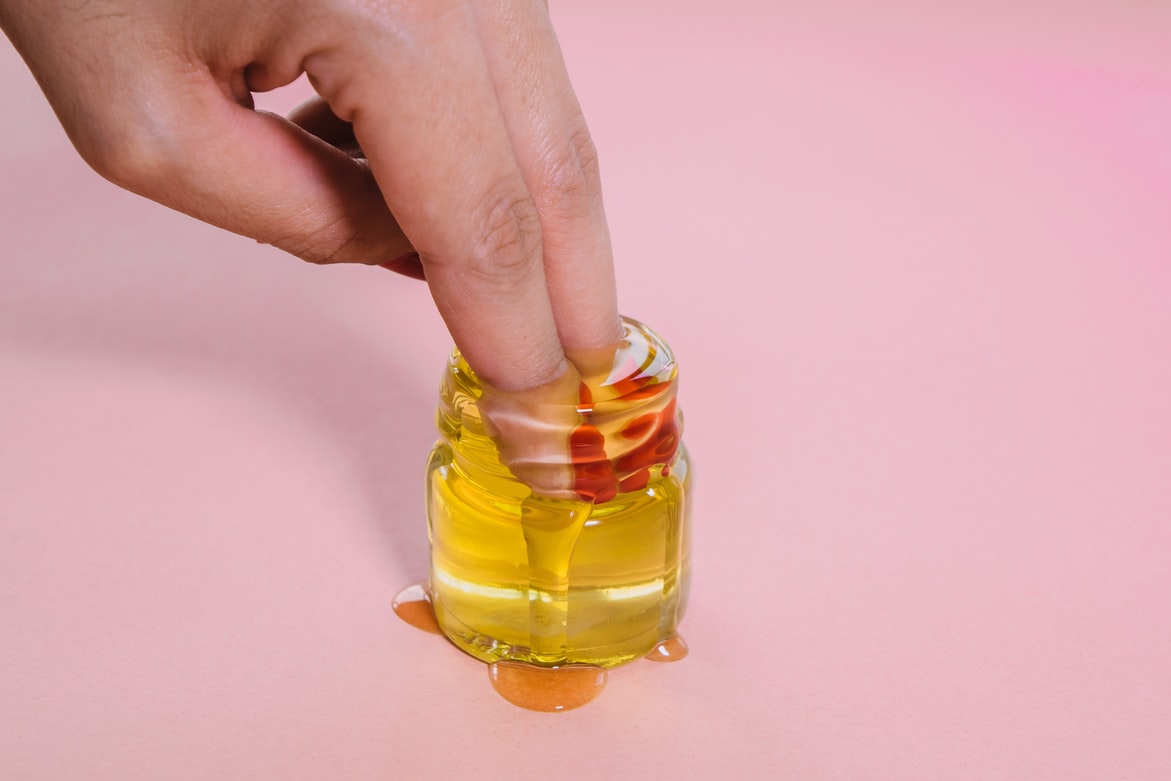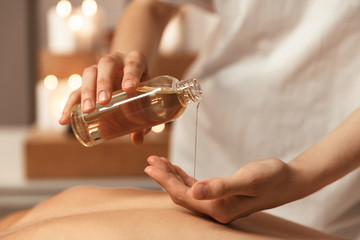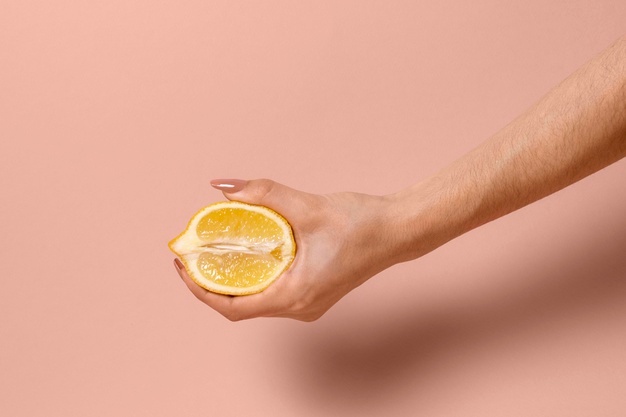Lubricating the red wagon, the lube you choose matters
2 minutes read | 4 comments

Written by Joseph Addo
Lubes
You’re probably already familiar with the term Lubes or Lubricants. There are many lubricants and they have many different uses as well. When two or more objects come into contact and there is motion between them, friction is introduced and consequently heat is produced. This can lead to wear and tear of the surfaces in contact and to prevent such events, lubricants are a very good solution. You probably learnt this in basic school but in today’s topic, we take a glance at Lubes and sexual health.
Naturally, during sex, women produce vaginal fluids that keep things moist or wet. The amount of fluid secreted and its consistency, however, is dependent on factors such as; menopause, hormonal swings, arousal, medication and even fertility status. The fluid eventually dries off sometimes during sexual intercourse or even before depending on the factors mentioned and this is where Lubes come in.
There are mainly three types of lubes;

water-based lubes which are also known as versatile lubes, can be used in almost any activity and are safe to use with condoms, reducing chances of breakage. Some water-based lubes are able to balance the pH of the vagina while reducing friction. They wash off easily in water and do not stain sheets but they do have the tendency to dry faster than oil-based lubes.
Silicone-based lubes are ultra-slippery and are known for their long-lasting nature that is, they do not have to be reapplied frequently. They are also hypoallergenic hence leave no reaction to people with sensitive skins. Silicone lubes can become sticky which may be a problem for some people.

Oil-based lubes are lasting but not as much as silicone-based lubes, and they’re slippery as well. They can be used for body massages as well but they easily stain sheets and they are difficult to clean. These include nkuto (shea butter, baby oil, etc)

The wetness isn't cutting it?
Many couples who engage in sexual intercourse do find great pleasure in the use of lubes as it enhances intimacy between them. Since lubricants prevent wear and tear, sex partners do not have to worry about enduring certain levels of pain and sore genitals which may be caused by the dryness that may occur in the female genitalia.

Some lubricants are great choices for preventing condom breakage during sexual intercourse as well and this goes a long way to help prevent Sexually Transmitted Infections (STIs). There are also a number of people who prefer to use lubes to enhance sexual pleasure by giving the skin a smoothening effect.
Be careful…
Before you conclude on getting yourself a lubricant, it’d be best to know its chemical constituents or ingredients; most lubricants contain chemicals such as parabens, propylene glycol, glycerin, phthalates (or plasticizers), chlorhexidine gluconate, petroleum and nonoxynol-9 (also called spermicides); and a lot of these chemicals are harmful and could even cause irritation or inflammation, there is also the risk of infections.
pH of the Red Wagon
The pH of a healthy vagina is usually maintained at 3.5 – 4.5, hence the preferred choice for a lube should be around that level of pH, it could be hard sometimes checking for things like this when buying lubes for some pleasure. Some labels may have it, it won't take much time to check.
Skin Reactions
That aside, there is your skin too, some people have very sensitive skins which may show reaction to the chemicals present in the lubricants. For such people silicone-based lubes are advised since silicone in itself is hypoallergenic (relatively unlikely to cause an allergic reaction). Silicone-based lubes, however, deteriorate the surface of silicone sex toys by creating abrasions in the silicone where bacteria can grow, so if you’re into the toys, it’s probably best to avoid silicone-based lubes so as to prevent infections.
Latex condoms Vs. oil-based lubricants
Oh, and not forgetting this, if you’re using a latex condom, you should probably avoid using oil-based lubes as they increase the chances of the condom ripping apart or breaking and making useless the condom’s purpose. Oil lubes also are found to carry higher risks of infections like bacterial vaginosis, but then almond, grapeseed and coconut oil are great choices since they’re naturally antibacterial and antifungal.
Pharst Care can help

That being said, if you ever decide to use lubes, be sure to stay well informed about the state of your body and the product you wish to purchase, we at Pharst Care can be of great help in finding you the best products, sit at home, make all your enquiries through the app and get the products delivered to you. Use the "Talk to A Doctor" feature
Thanks for reading, hope you enjoyed and learnt something new. Please leave your question and comments below. Have a lovely day.
Feel free to share on any platform
Similar Blogs
Anonymous Comments
We DO NOT record comments with the users who posted them.




